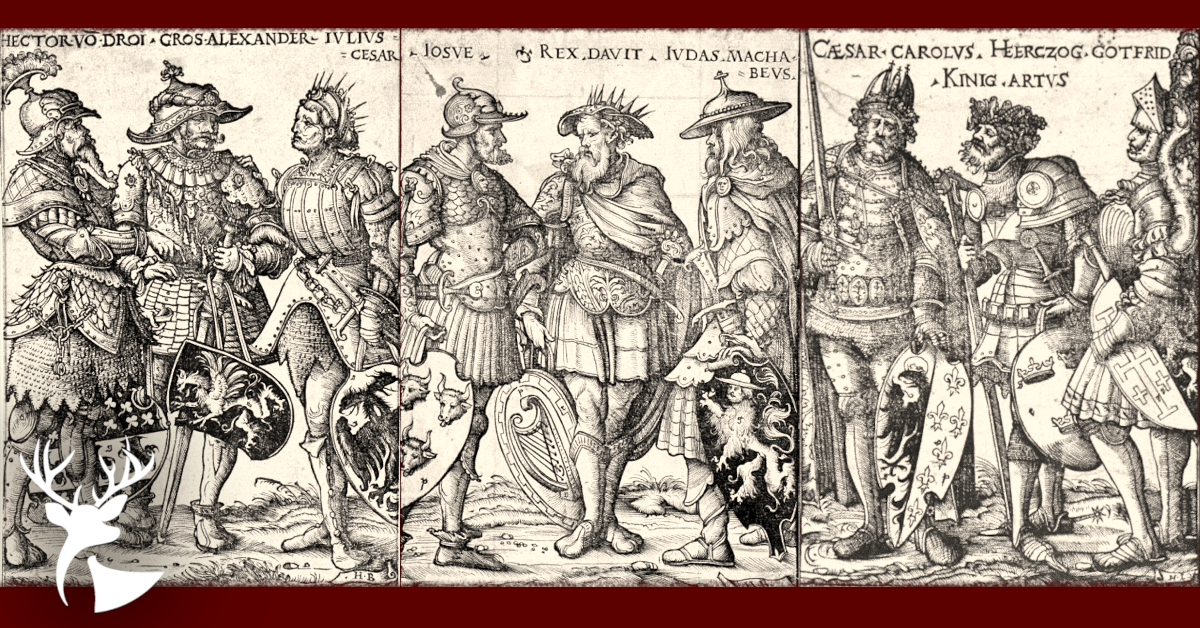
Hector, First of the Nine Worthies
By Dcn. Harrison Garlick | April 22, 2022
“My doom has come upon me; let me not then die ingloriously and without a struggle, but let me first do some great thing that shall be told among men hereafter.”
—Hector, in The Iliad, Book 22
← Return to Musings
Hector, First of the Nine Worthies
By Dcn. Harrison Garlick | April 22, 2022
“My doom has come upon me; let me not then die ingloriously and without a struggle, but let me first do some great thing that shall be told among men hereafter.”
—Hector, in The Iliad, Book 22
Amongst the stone filigree of the 13th century city hall of Cologne stand statues of men called the “Nine Worthies.” These exemplars of chivalric virtue were first presented by Jacques de Longuyon in his 13th century work, “The Vows of the Peacock.” Also known as the “Nine Good Heroes,” these warriors are Hector of Troy, Alexander the Great, Julius Caesar, Joshua, King David, Judas Maccabeus, King Arthur, Emperor Charlemagne, and King Godfrey of Bouillon, representing three pagans, three Jews, and three Catholics. The first of these Nine Worthies, Hector, serves as an introduction to virtue.
What does it mean to be virtuous? In Greek, the term for virtue is arete, meaning “excellence.” While its ancient etymology is somewhat obscure, it may be derived from Ares, the god of war, and reveal the primal origin of virtue as prowess in combat. Hector, as presented by Homer in the Iliad, exhibits this virtue as the stalwart defender of Troy. Hector is lauded as having slain “nineteen kings in hand-to-hand combat.”[1] The prince of Troy and general of her armies was the first into the fray and the last to retreat. He is, without doubt, the most skilled warrior of Troy.
Yet, is the virtue of Hector reducible to his skill in combat? Homer offers the juxtaposition of Achilles. Achilles is colored by rage and fights for his own glory. Hector fights for Troy and his beloved Trojans. Achilles stands idly by watching his own countrymen die to assuage his pride. Once he does rejoin the war, his aptitude for combat is equaled only by his cruelty and bloodlust. He slaughters men begging at his feet for mercy, denies his enemies their proper burial rites, and offers Trojans as human sacrifices. Ultimately, Hector, “the breaker of horses,” dies by the hand of Achilles, “the breaker of men.” If arete found its fullness in proficiency of war, then Achilles would be presented as the triumphant protagonist. Yet, Homer brings the Iliad to a close with the funeral rites of Hector. Neither the triumph of Achilles over Troy nor his death are recorded. Homer arguably turns the primal notion of virtue on its head by ending the narrative with praise and honor for the warrior who lost the duel. The virtue of Hector certainly included courage and military might—but it also encompassed his love for Troy and her people. It was the latter that animated the former into something praiseworthy and beautiful.
The death of Hector serves as an introduction to true virtue. The primordial form of virtue blossoms in the writings of Homer and develops throughout the ages of Alexander the Great and Caesar. In fact, the presentation of the Nine Worthies can be seen broadly as an ongoing perfection of virtue. The paganism of antiquity and its heroes exhibits a certain flourishing of the nature of man and his natural excellence. This natural arete is then coupled with the virtue of following God’s self-revelation as shown by the heroes of the Old Testament. Finally, our nature is healed and elevated by the sanctifying grace of Jesus Christ allowing worthies such as Charlemagne to seek the supernatural perfection of the theological virtues: faith, hope, and charity. Thus, the Nine Worthies serve as an illustrative instruction on the formation of virtue, a pedagogy—especially for boys and young men—in cultivating a chivalric spirit configured to Jesus Christ. And one of the first tests of an adolescent’s pursuit of virtue is whether he esteems the bravado of Achilles or the death of Hector, first of the Nine Worthies.
[1] Jehan Wauquelin, The Medieval Romance of Alexander, trans. Nigel Bryant (Rochester, NY: Boydell & Brewer, 2012), Appendix Three.
More Reading

Dcn. Harrison Garlick serves as a Great Books Tutor for the Alcuin Institute, and is the Chancellor of the Diocese of Tulsa.


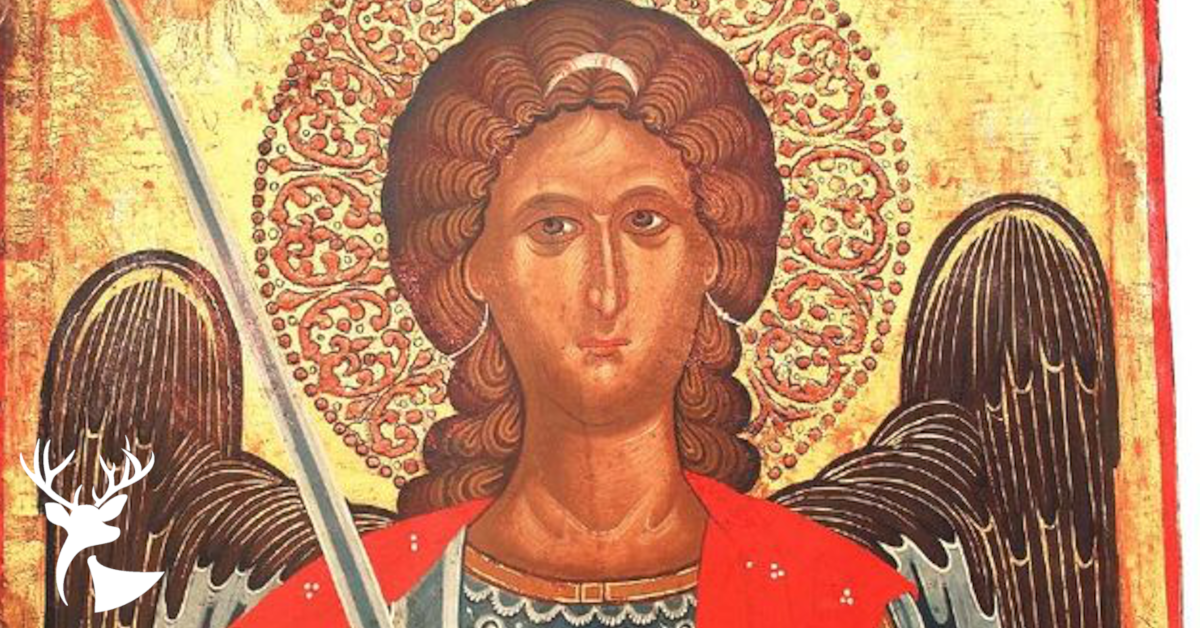
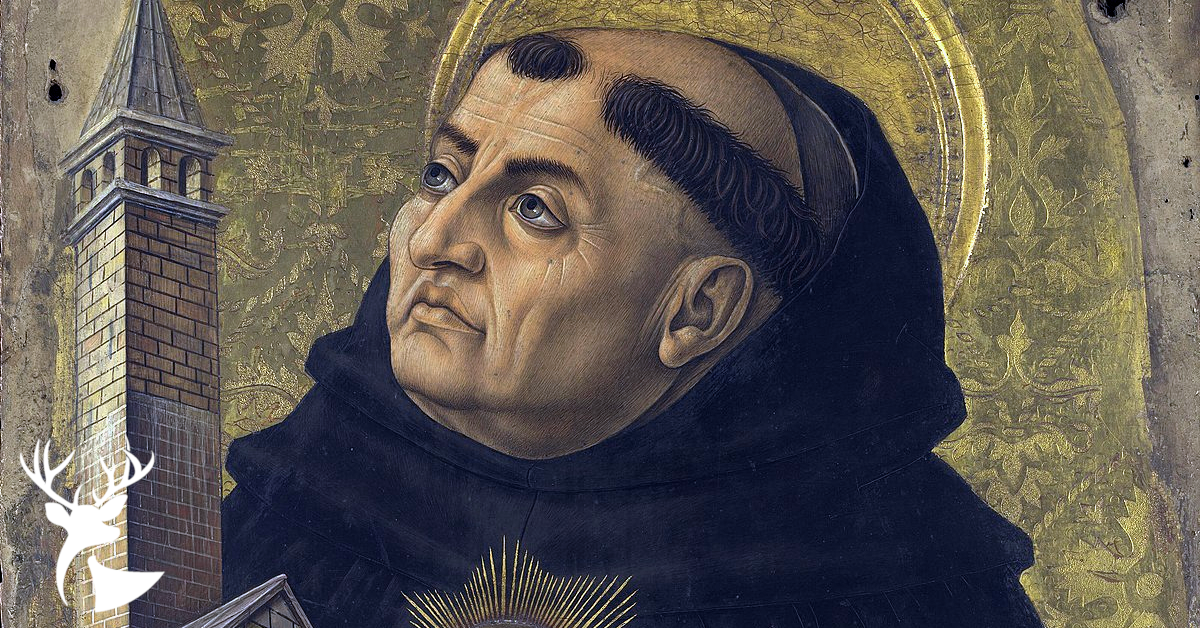
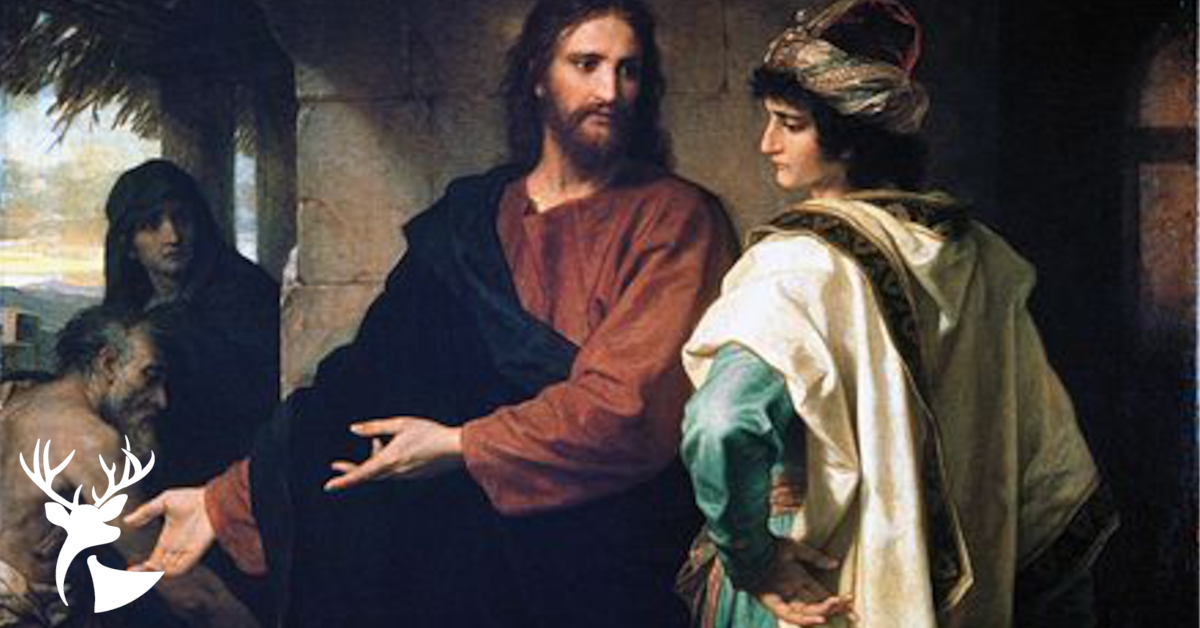
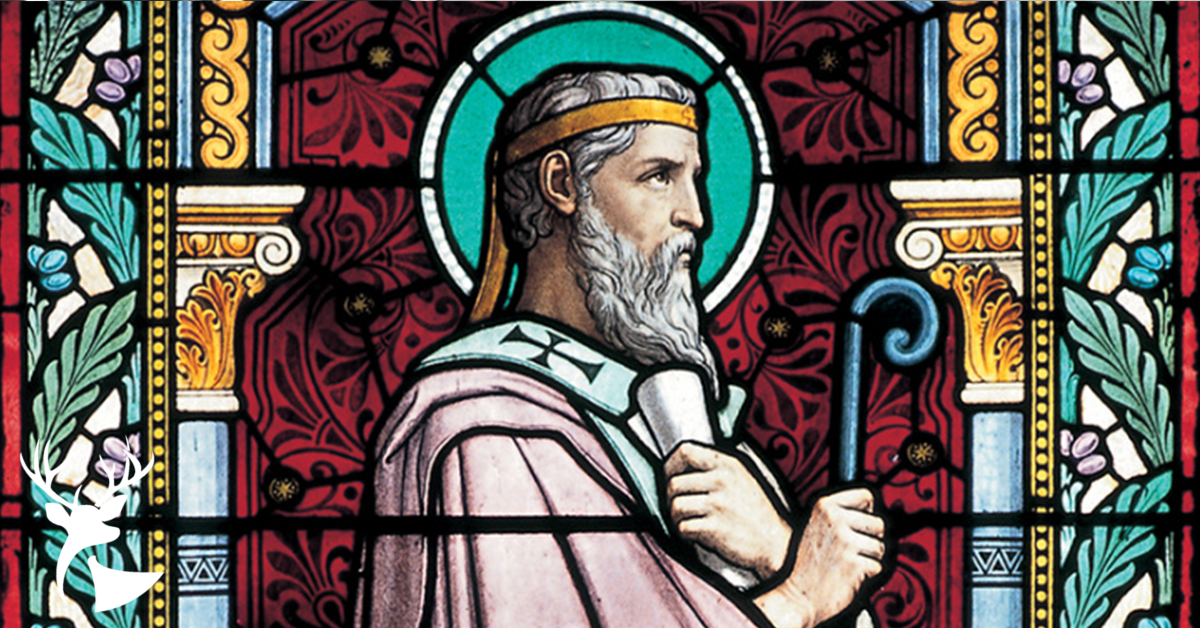
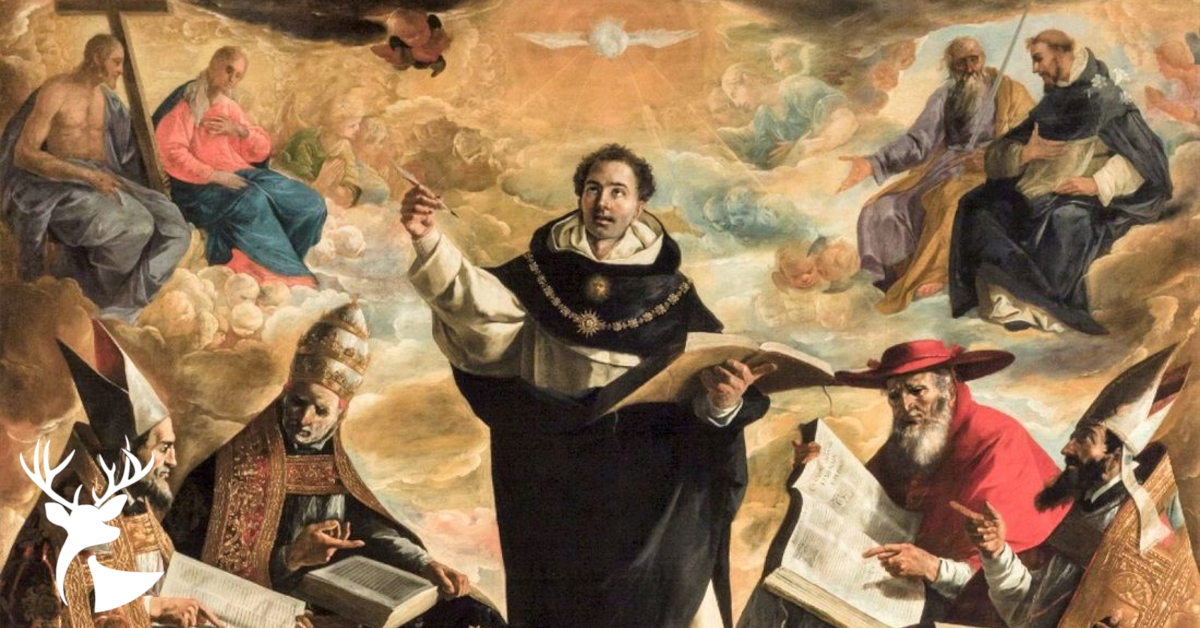

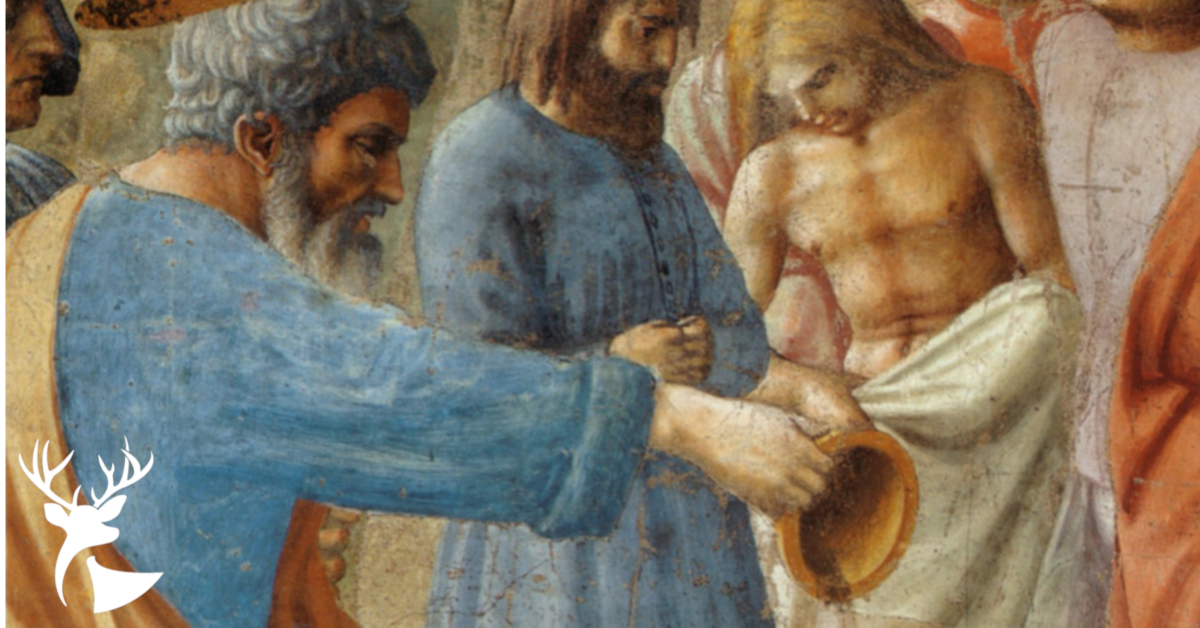
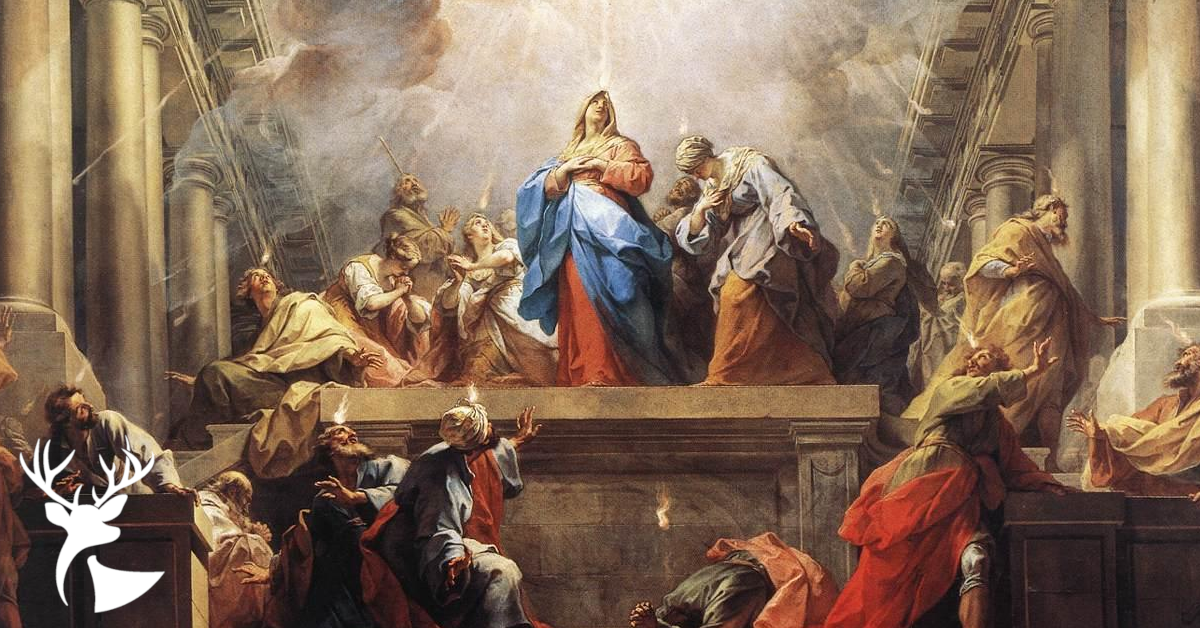
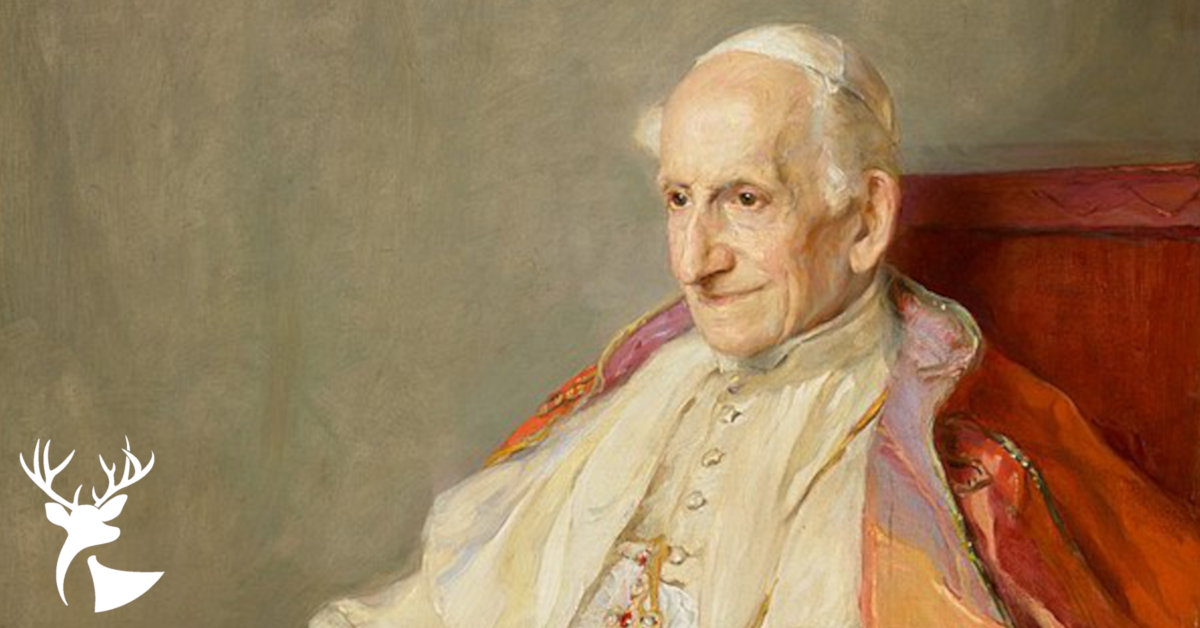

Great article, Dcn. Garlick! I enjoyed reading it. Thank you.